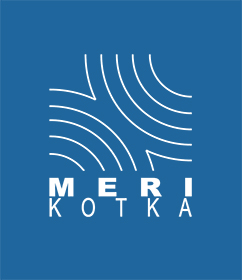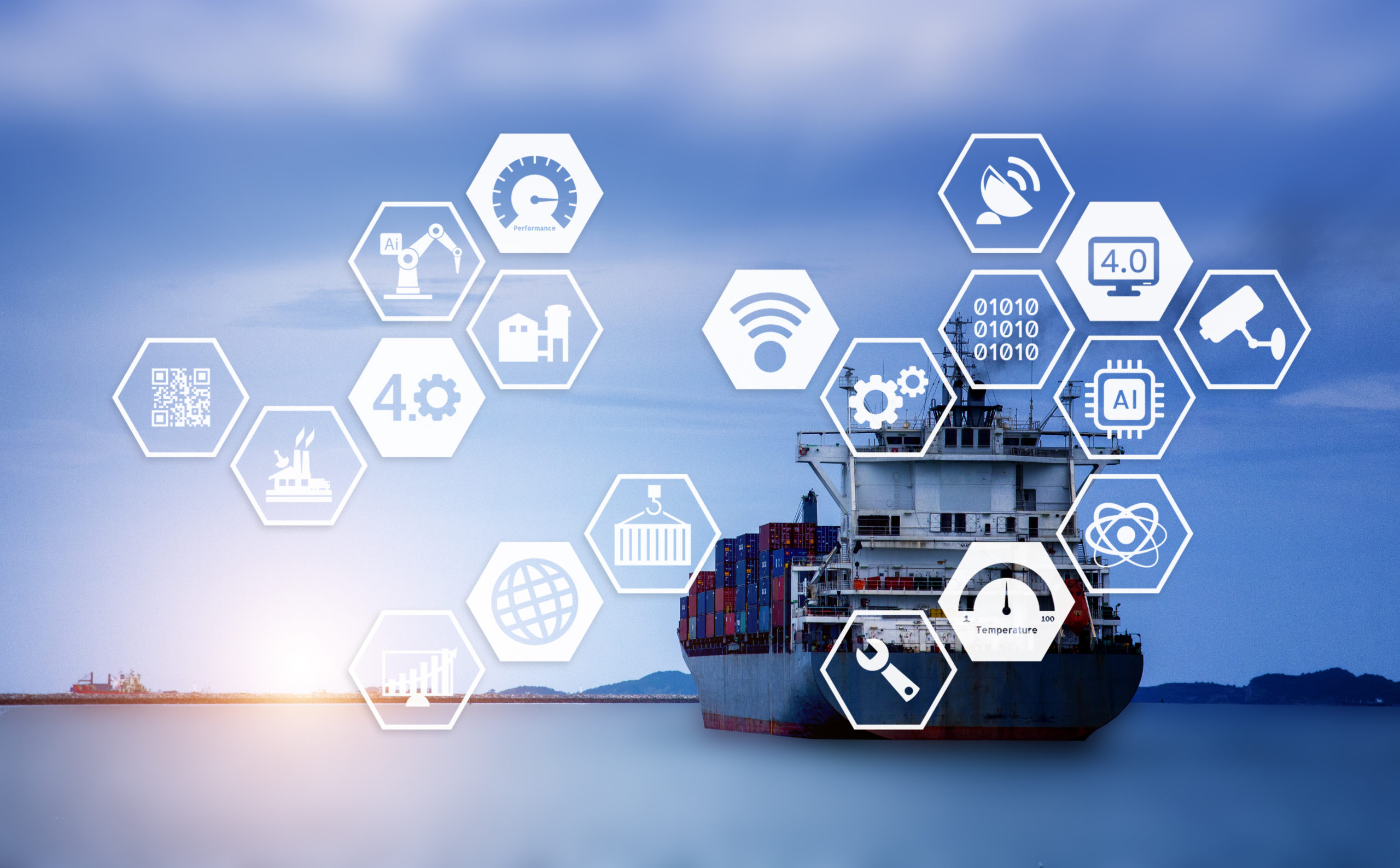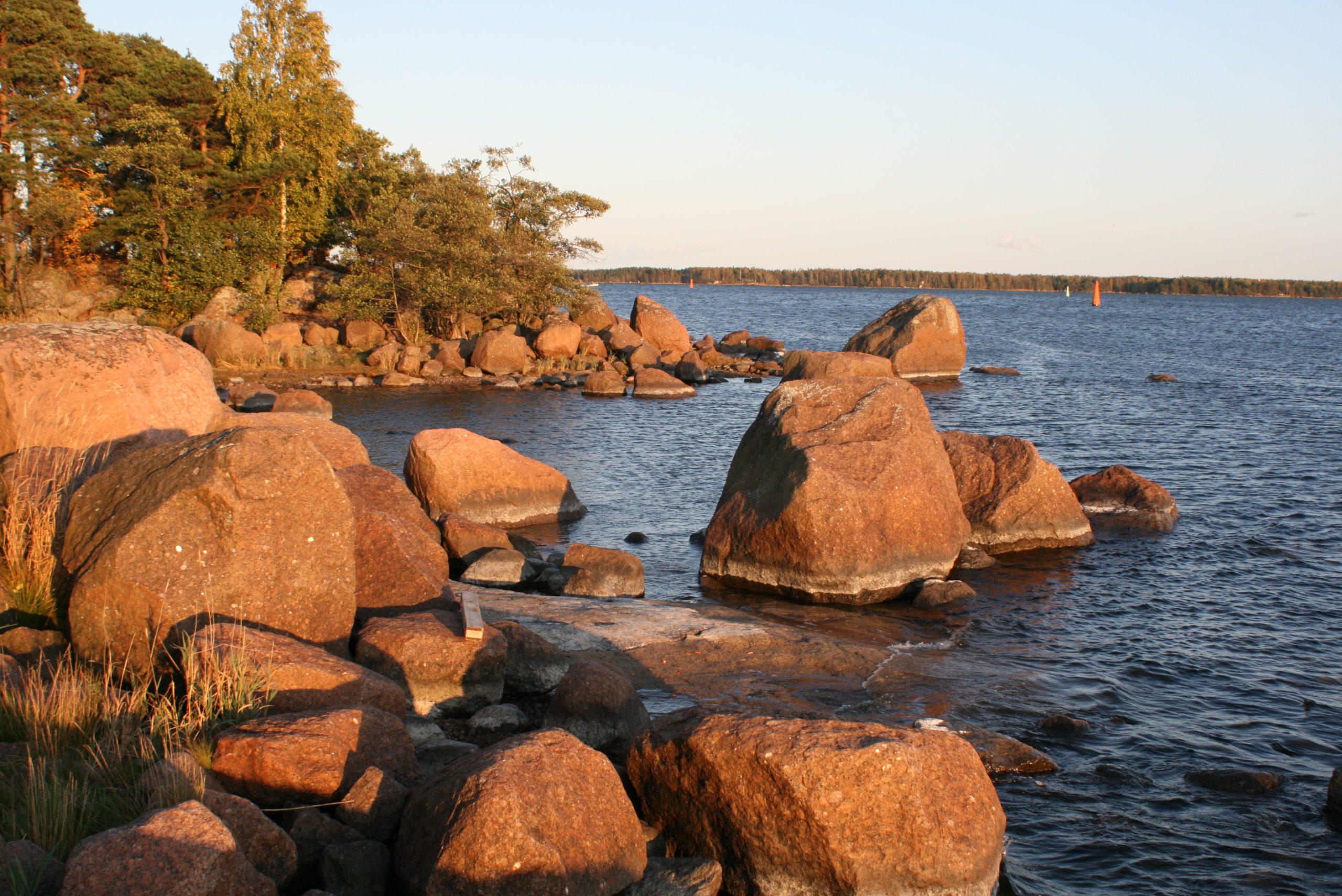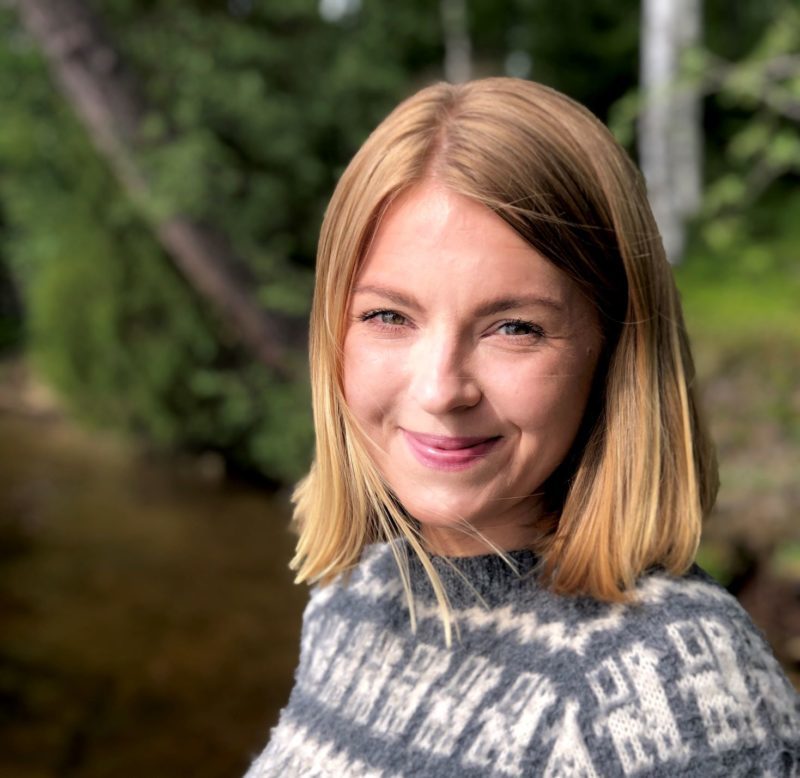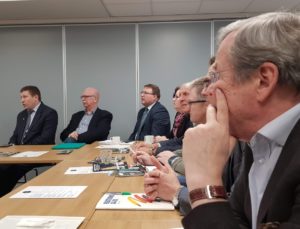A research article on the sustainable development of marinas, initiated in the 30MILES project coordinated by Kotka Maritime Research Association and funded by the Interreg Central Baltic Program and the Regional Council of Southwest Finland, was finalized in the Gyroscope project funded by the Research Council of Finland. The article has now been published in the Ocean & Coastal Management journal and has open access. In addition to researchers from the Kotka Maritime Research Association, the article’s authors include researchers from the University of Helsinki and the Finnish Environment Institute.
The starting point for the article was the assumption that making visible the different perspectives various stakeholders have on sustainable marina and on the actions needed to achieve it, can aid reaching a shared understanding and thus support the sustainable development of marinas. Individual boaters and marina operators were interviewed on how they define sustainable development and its goals within the marina context. Further, graphical, conceptual influence diagrams (CID) to visualize and structure the different ways individuals perceive the sustainability of marinas were constructed. The CID’s consist of the key variables and their causal interactions.
Based on the results of the article, the CID is a useful tool for analyzing and comparing stakeholders’ perceptions of sustainability. The method helps to identify the key variables and their potential conflicts. Furthermore, the article indicates that linguistic differences in terms of different concepts, for example, can cause misunderstandings between different people. Therefore, cooperation and co-learning among various stakeholders are necessary to create shared understanding. In addition, the three-pillar sustainability model can help interviewees widen their understanding about sustainability. Hence, we recommend its use when working with stakeholders in sustainability-related issues. Finally, the article proposes management implications that can support the sustainable development of both marinas and boating.
Text: Emilia Luoma
